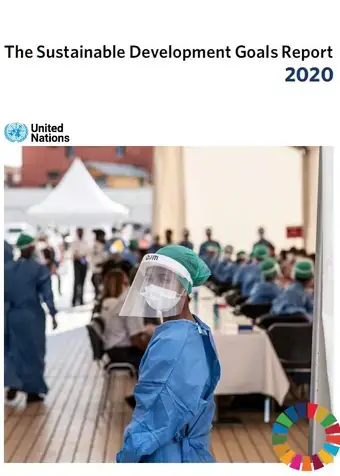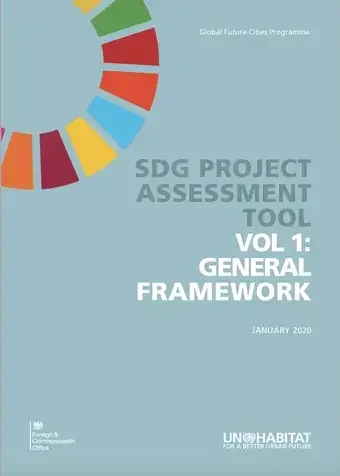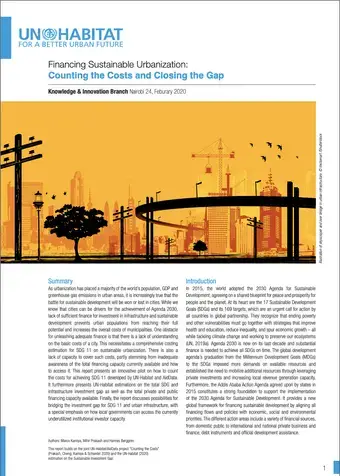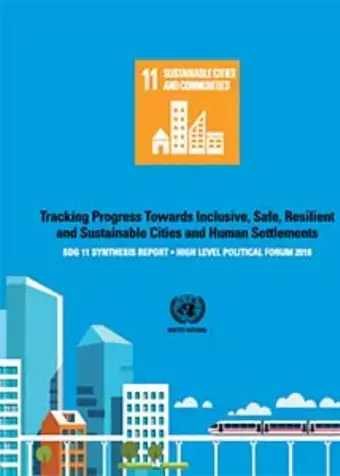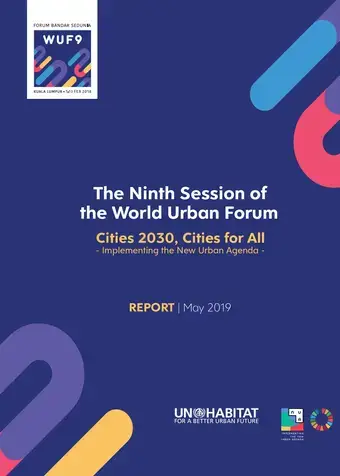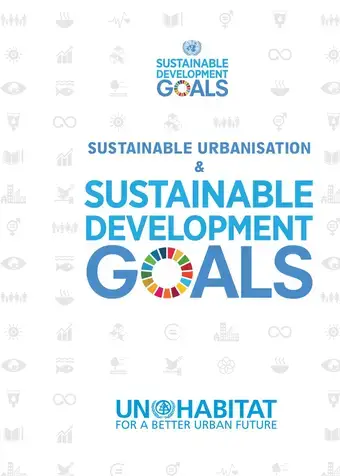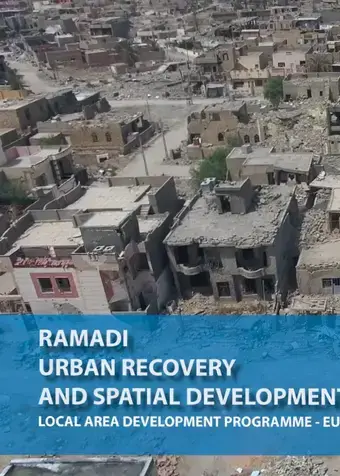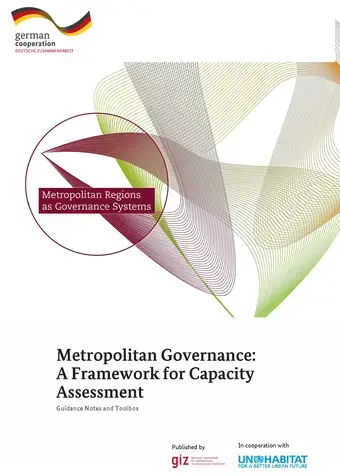 This metropolitan governance case study is part of a joint effort of GIZ and UN-Habitat and is complementing the global study “Unpacking Metropolitan Governance for Sustainable Development” (GIZ/ UN-Habitat, 2015).
This metropolitan governance case study is part of a joint effort of GIZ and UN-Habitat and is complementing the global study “Unpacking Metropolitan Governance for Sustainable Development” (GIZ/ UN-Habitat, 2015).
Case study: Metropolitan Governance, EThekwini (Durban), South Africa
 This metropolitan governance case study is part of a joint effort of GIZ and UN-Habitat and is complementing the global study “Unpacking Metropolitan Governance for Sustainable Development” (GIZ/ UN-Habitat, 2015). Three selected case studies –
This metropolitan governance case study is part of a joint effort of GIZ and UN-Habitat and is complementing the global study “Unpacking Metropolitan Governance for Sustainable Development” (GIZ/ UN-Habitat, 2015). Three selected case studies –
